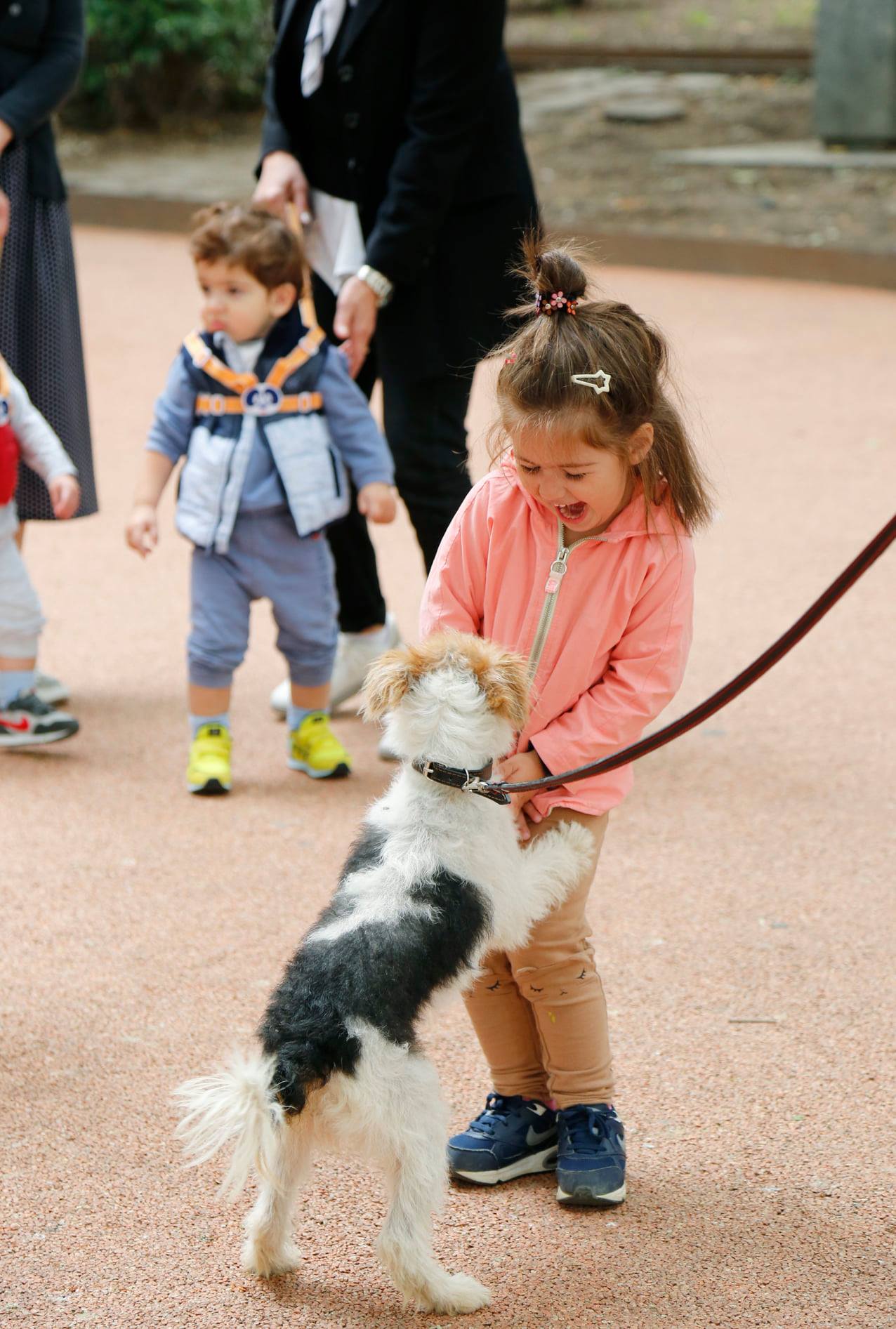


The annual World Rabies Day (WRD) is commemorated on 28th September 2022.
This year’s theme is “Rabies: One Health,
Zero Deaths”
Traditionally, WOAH Sub-Regional Representation for Central Asia with the support of partners has put together stakeholders from different sectors to draw attention back to rabies, a neglected but deadly zoonotic disease.
In the framework of the theme of this year, and under the “One Health” Concept, the regional representations of the Quadripartite organisations (FAO, WHO, WOAH, UNEP) held a joint event dedicated to the WRD 2022. With our partners, we were focused on the national competent authorities, both animal and public health, as the main authorities responsible for the elimination of human deaths from dog-mediated rabies by the year 2030.
Our Organisation has been actively involved in addressing this zoonotic disease by providing the latest scientific information related to the prevention and control of rabies in animals, and tools designed to facilitate the Members’ activities in this regard.
Dr Valentyna Sharandak, from WOAH Headquarters’ Capacity Building Department, based on the Members’ needs and experience, gave an update on our flagship capacity building programme: the Performance of Veterinary Services (PVS) Pathway, focusing on the PVS Evaluation with specific content on rabies tool. This support is aimed at assisting Members to improve their rabies prevention and control programs via a systems approach, building capacity in the “One Health” space. The methodology was conceived through the combined efforts of GARC, WHO, FAO, and PVS experts. The first PVS Evaluation with specific content on rabies was piloted in Azerbaijan and Cameroon in 2022. The mission allows countries to assess the current situation with rabies and progress, as well as provide detailed rabies-specific recommendations for improvement and enabling environments for the development of national strategies.
According to Dr Mario I. Algüerno, from WOAH Headquarters’ Capacity Building Department, the National Bridging Workshop (NBW) is an event that brings together stakeholders from the human and animal health sectors to work on the connections of the health security frameworks of both sectors. By identifying collaboration gaps and developing a roadmap to overcome these, the participants develop joint planning to improve their collaboration in the prevention, detection, and control of zoonotic diseases and other threats at the animal-human-environment interface. A new tool with a specific approach to rabies has been recently developed and piloted, the National Bridging Workshop-Rabies This tool is aimed to deepen the focus on cross-sectional collaboration aspects of rabies control and elimination, as well as to significantly contribute to the global elimination target of dog-mediated human rabies by 2030. The main outcome of such workshops is to enhance cooperation and collaboration between national animal and human health services, strengthen the intersectoral network of the country´s rabies actors, as well as support awareness of rabies, and reinforce the importance of the work in the framework of the “One Health” approach.
Special emphasis was placed on WOAH Rabies Vaccine Bank: a tool to support our members’ actions against rabies. Nathaly Monsalve, from WOAH Regional Activities Department, pointed out that WOAH Rabies Vaccine Bank is a voluntary basis mechanism at the disposal of WOAH members since 2012. 44 members have benefited from the vaccine bank, and almost 27 million doses of dogs’ rabies vaccines were delivered in a decade. The speaker provided detailed instructions regarding the procedure to access the WOAH vaccine bank. She underlined that, among the reasons why the WOAH vaccine bank made the difference was the submission, with limited red tape, of high-quality vaccines complying with WOAH standards. She concluded by highlighting that WOAH Rabies Vaccine Bank is a proven tool for catalyzing members’ engagement in disease control and WOAH was happy for the increased use of this mechanism by its members. We are confident that this mechanism stimulates countries to embark on national rabies control programs.
Dr Yoenten Phuentshok, from WOAH Headquarters’ Status Department, presented the requirements and procedures related to the endorsement of official control programmes for dog-mediated rabies and the publication of self-declarations. It must first be emphasized that these two procedures are based on a principle of voluntary submission and developed at members’ request. They are two separate procedures. Endorsement of dog-mediated rabies official control programme is officially endorsed by WOAH during the World Assembly of Delegates after a series of assessments involving experts and the Scientific Commission while publication of self-declared freedom from rabies/dog-mediated rabies is under the full responsibility of the delegate. The speaker also highlighted the benefits of having an official endorsement of a dog-mediated rabies control programme, as well as the requirements and the assessment procedures for the endorsement of the Members’ official programme.
We thank our partners: WHO and FAO that supporting the event and hope to continue the collaboration in the future in the framework of the “One Health” approach.
